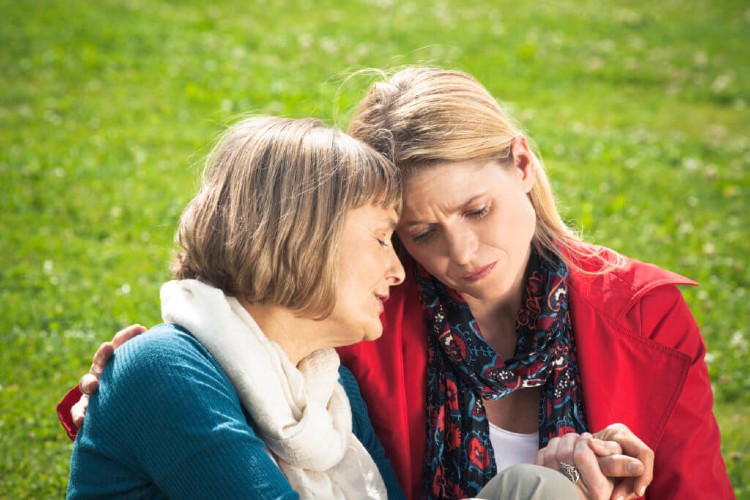Secondary victim claims FAQs
Secondary victim claims are known for being extremely difficult to pursue in the medical negligence world due to the length of time there may be between an alleged act of negligence and the shocking event witnessed by an individual.
Who is a secondary victim?
Someone is entitled to make a claim as a secondary victim if they can legally prove that they have suffered a recognised psychiatric injury from witnessing a traumatic incident that has occurred to someone else (known as the primary victim) as a result of medical negligence.
What must be proven for a successful secondary victim claim?
There are certain criteria that must be met in order to satisfy that a secondary victim claim can be brought. The criteria were established in a case that arose following the Hillsborough disaster by the families and loved ones of the victims, and have been of great debate in case law ever since. These are as follows:
- it must be demonstrated that the individual has suffered a recognised psychiatric injury caused by the shock of the event itself and the injury must be reasonably foreseeable
- it must be proven that there was a close tie of love and affection to the primary victim. The obvious relationships would be that of parent/child, husband/wife although there is room for the individual to prove evidence of a close tie in a different type of relationship
- the traumatic incident must be considered to be shocking event and to have been caused by negligence. Recent case law has noted that the knowledge or appreciation that a loved one has been involved in a shocking event rather than personally witnessing it, may be sufficient
- there must be close proximity between the alleged negligence and the outcome e.g. the shocking event. Proximity in dealing with witnessing a car accident is relatively straightforward but becomes extremely complicated when dealing with medical negligence claims. In these type of claims there may likely be a time period between the alleged negligence and the outcome.
What is investigated in a secondary victim claim?
It is essential that a thorough chronology is taken and specific details of the event are investigated in great detail to establish whether the above criteria can arguably be met. These types of claims can run as their own independent claim or they may be identified as part of an ongoing medical negligence claim that is already being investigated concerning the medical treatment that has been given.
As well as identifying whether the secondary victim has got a claim, it is also essential to ensure that the “shocking event” was as a result of negligence and not in itself an isolated event not attributed to the negligence.
Kate Smith, solicitor in the medical negligence team at Ashtons Legal comments: “Understandably so, when a client has lost a loved one or witnessed a shocking medical event, consideration must be given as to whether they have a right to bring a secondary victim claim. Although it may appear obvious if a psychiatric injury has been diagnosed that a claim can be brought, this is an area that is extremely difficult to prove legally and is an ever evolving area within case law. Proximity between the alleged negligent act and the shocking event itself is often at the core of disputes between parties and requires real investigation and assessment of the facts of each case. It is therefore important that if anyone feels they may have a potential claim as they have witnessed an event following alleged medical negligence, that they seek legal advice as soon as possible.”
We Can Help You
If you believe we can assist you when pursuing a Medical Negligence claim, please get in contact with us on 0330 404 0777 or fill out our online enquiry form.
Tags: Compensation, Medical Negligence, Primary Victim, Psychiatric Injury, PTSD, Secondary Victim, Secondary Victim Claims
How can we help?
If you have an enquiry or you would like to find out more about our services, why not contact us?

